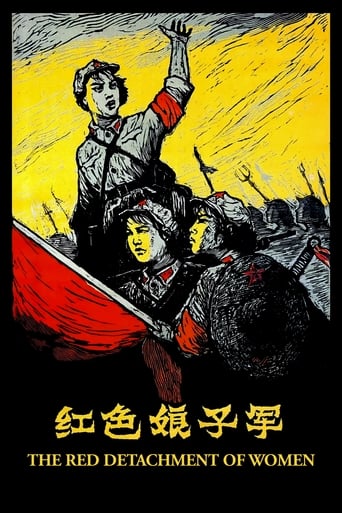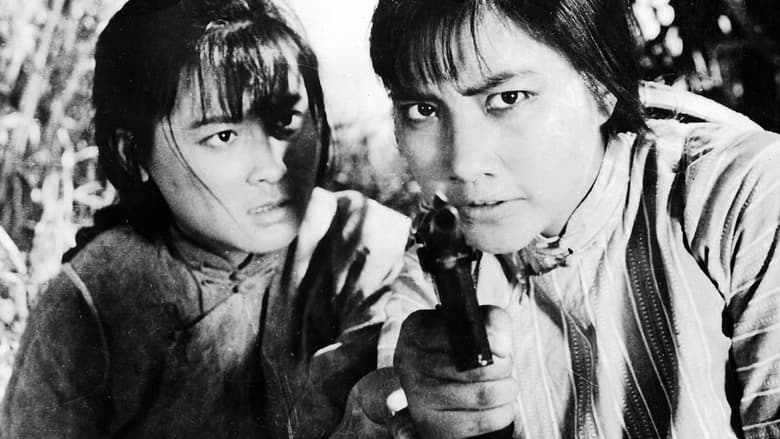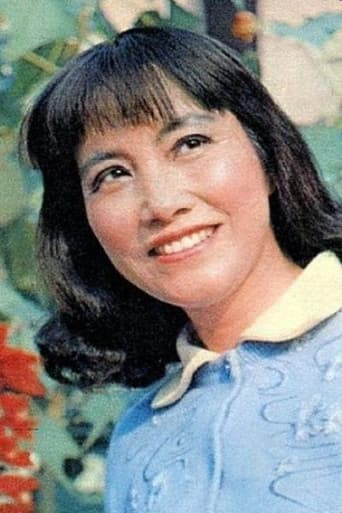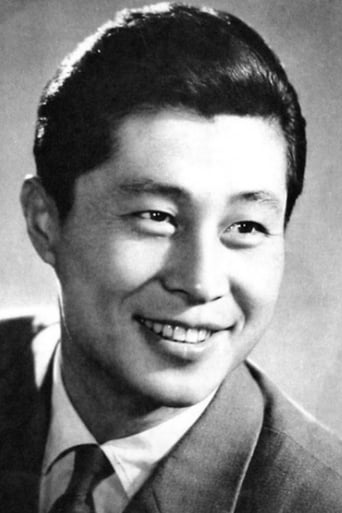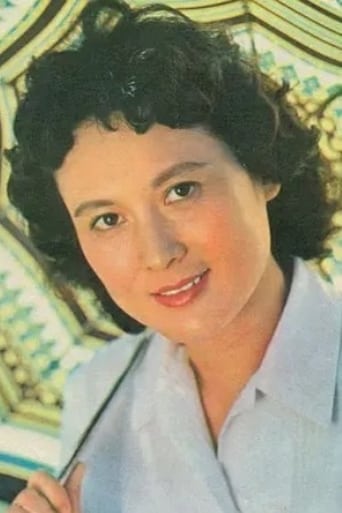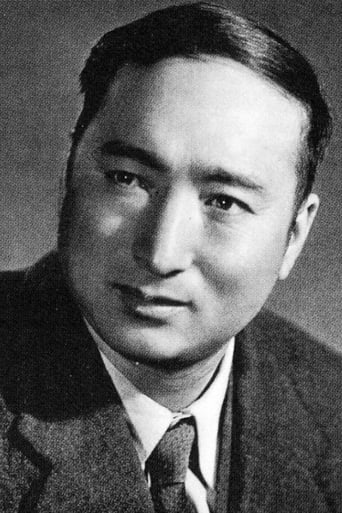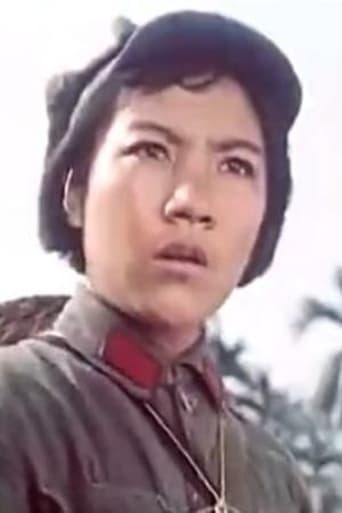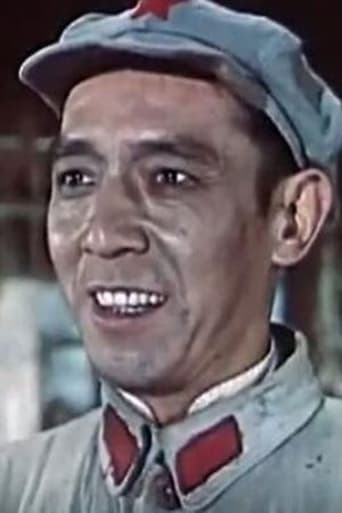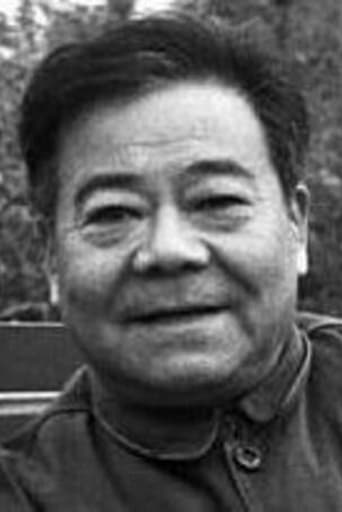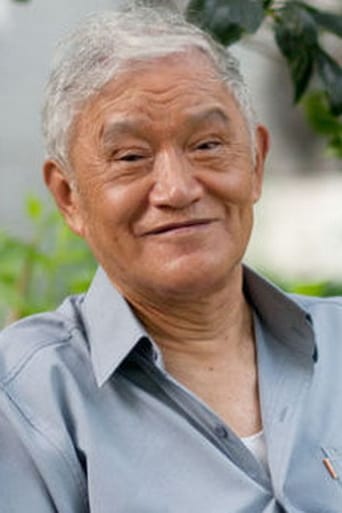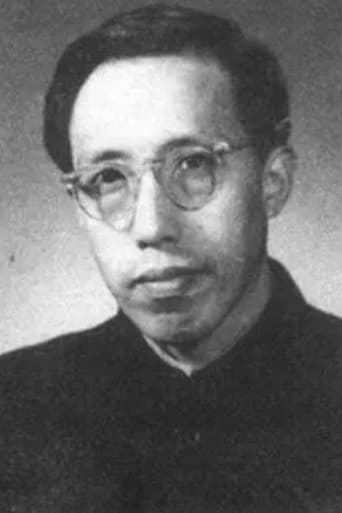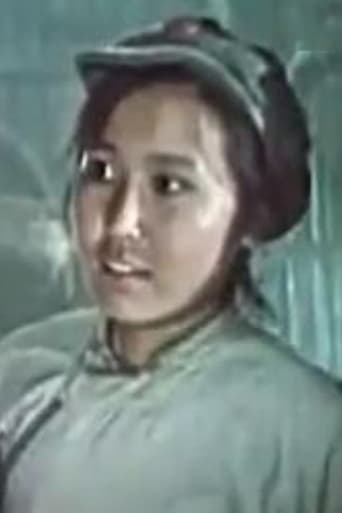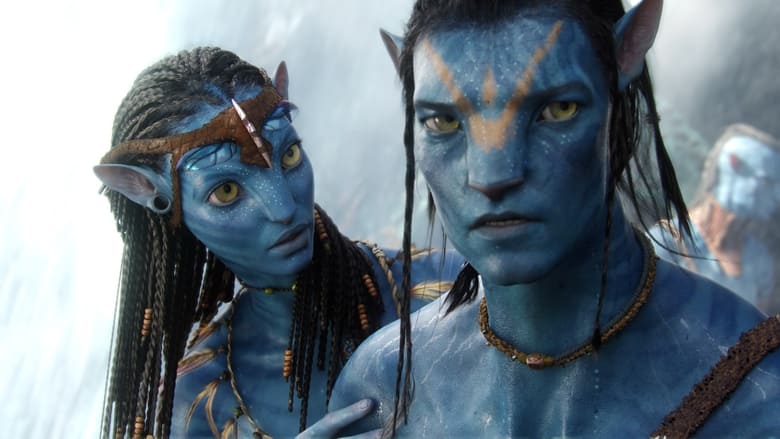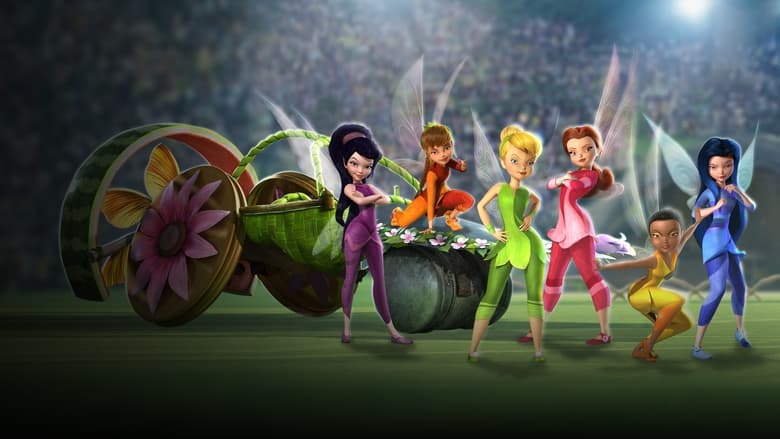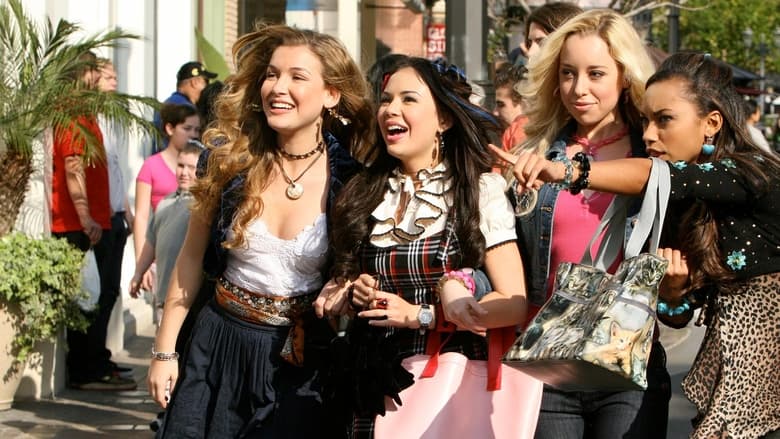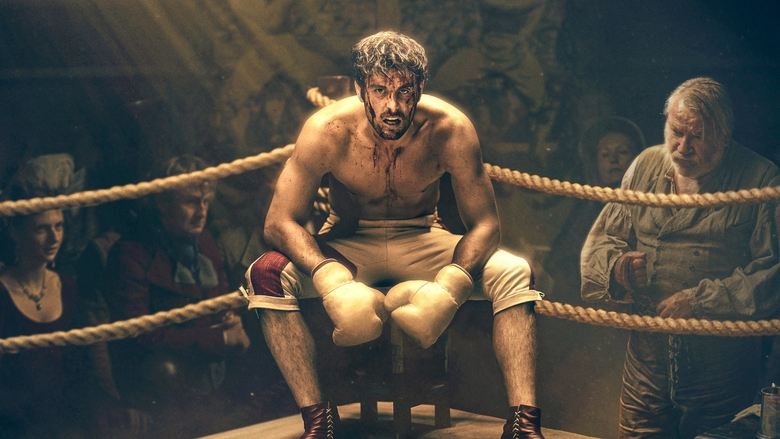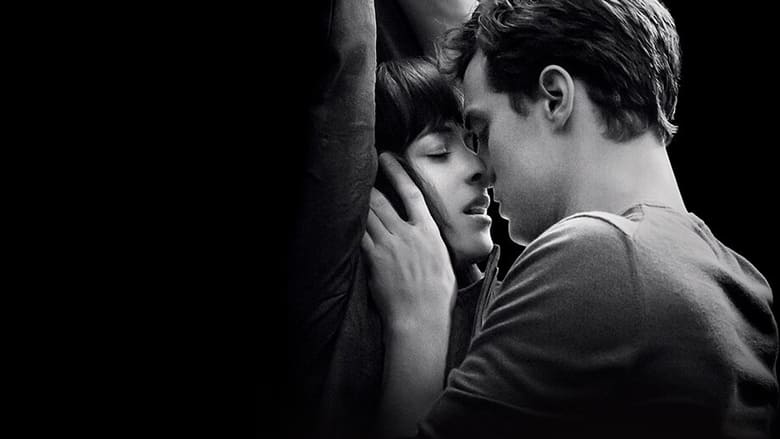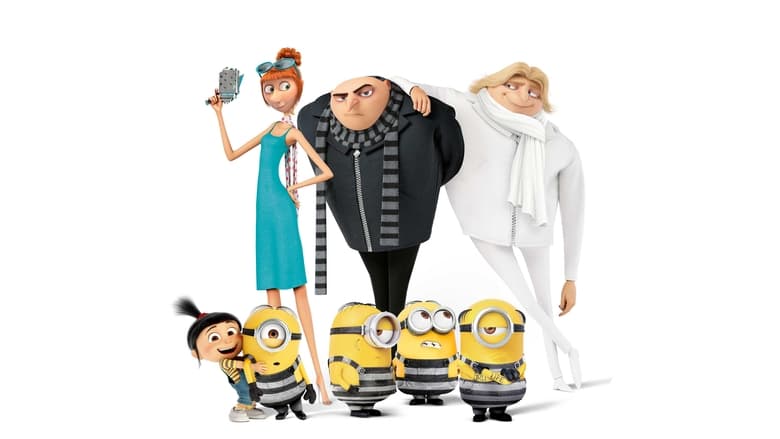Wu Qionghua, a house maid, is abused by a cruel warlord until she joins a troop of women soldiers.


Similar titles
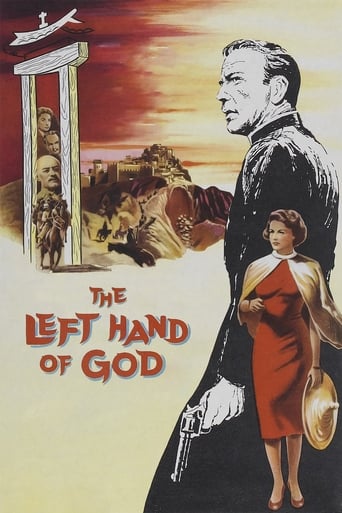
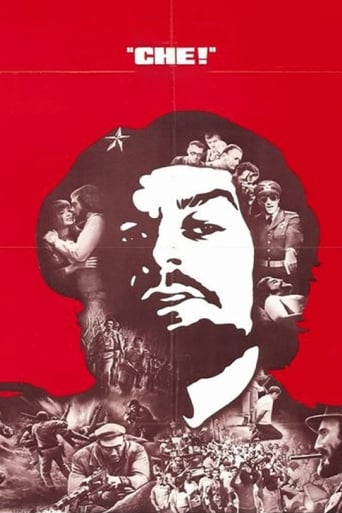
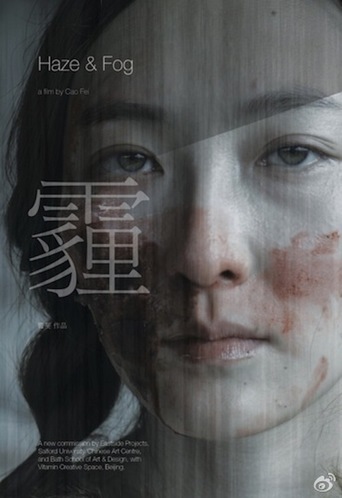
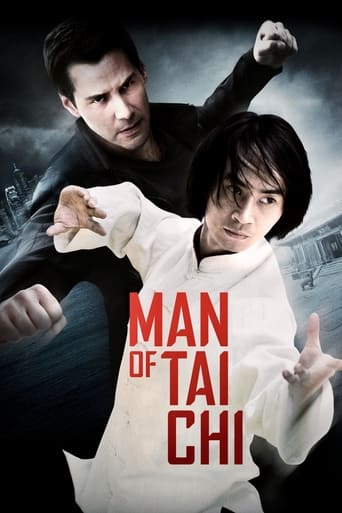
Reviews
This film, and the story behind, became the soil on which a ballet developed. This ballet became one of the central proletarian myths during the Cultural Revolution in China and the hallmark of Mao Zedong's wife, Jiang Qing. She ended badly but the ballet has survived and is considered in China as a classic and is still performed. It is interesting to look at the film and try to understand the story behind this classic ballet.The story is interesting in two ways.First the position of women in the revolutionary army and in the Communist Party of China is in many ways ahead of its time in the 1930s and in China in the 1960s. It is a highly pro-women discourse that does not simply integrate women in the revolutionary army, but integrates them with their own battalions and army, the Women Army, as the subtitles say. They are thus separate and equal. We would criticize this today but in older times that was the recognition of the singularity of women, of their special needs and their special potential.On that point the film goes as far as having a wedding in this revolutionary army and a subsequent birth. The baby is the baby of the Women Army as a whole. Women are thus celebrated as life givers. At the same time they play a crucial role in the final defeat of the landowners and the Kuomintang armed forces by moving in at the right moment to prevent the flight of the main landowner who is accused of exploiting people and putting them in slavery. The second interest is quite different since it is the main orientation of the Communist Party at the time. It is the simple division of the world, of society between landowners on one hand and peasants and workers on the other. A volunteer who wants to join the revolutionary army and a person who wants to join the Communist Party had to fulfill one condition first and foremost: they could not be in any way the owner of some land. Landowners are thus treated as a social class, as the antagonistic social class of the working class, both peasants and workers.This explains the total nationalization of land in China. Note that is the Soviet model but China pushed it as far as stating that the land is the property of the people, hence of the state whereas the Soviet model considered the land to be the property of the Kolkhoz, the cooperative body of farm workers who took control of the land in a village or a district. They also had Sovkhozes in which the land was the property of the Soviet state, but these were only a small minority of farming units. The cooperative model was extended to all communist countries except Poland. In China they went slightly farther since the land was by definition the collective property of the people and hence controlled by the state. This led to some extreme practices. During the Cultural Revolution all those who were considered as deviant were sent to some detention terms in distant rural communities to be reeducated by working in the fields as plain farm workers. Intellectuals were the privileged target of this practice. These reeducation prisons or centers have just been closed in China. This led to the extreme practice of the Red Khmers in Cambodia and to the deportation of all urban inhabitants to the countryside and at the same time to the tremendous genocidal killing of millions of people.In China this state control of the land that has no private owner has been reformed by introducing at first individual permits to individual people for them to till a certain section of land and the accompanying right to be able to choose the crops they wanted to grow and to sell their crops in a way or another to their own profit. At first these permits could not be given or sold: they were absolutely attached to one person, and his family. The authorities recently changed the system and authorized the possibility to sell these permits other people who already had one such permit to enable, among other things, people to move to the cities and to industrial, administrative and commercial activities, and to permit the development of bigger farm units to promote mechanization and hence increase productivity and boost the production itself. The new problem is that some people working on these bigger units will necessarily be farm workers working for a farm owner, a person who owns the farm producing unit but does not own the land on which his farm unit works. Modern China is thus the result of these old fights and struggles against landowners who were real tyrants and practiced slavery, or at least feudalism by reducing farm workers to the status of serfs. The ballet derived from this historical episode will be made world famous because Nixon will go to one performance when he visited China and John Adams made it a central episode of his opera "Nixon in China." Dr Jacques COULARDEAU
This film was a huge hit in mainland China and is now considered as a classic. Back in 1960s, war films made in mainland China rarely depicts personal feelings of heros. A war hero can only be devoted to his ideology, fearless, without personal feelings. Love life doesn't exist for him. Unfortunately, Hong Se Niang Zi Jun (1961) wasn't able to make exception in this regard. In a recent interview, the director Xie Jin confessed with regret that some scenes depicting the love feelings between Wu Qionghua and Hong Changqing were deleted. Actually, Wu Qionghua and Hong Changqing fell in love with each other in the original script. But after it was filmed, the director Xie Jin, under the pressure from some political leaders, had to delete all scenes that show the their love feelings. The second half of this film was thus re-edited and became "unbearable to watch" according to the director. But if you pay enough attention to the eyes of Wu Qionghua and Hong Changqing, you still can catch some moments where they express their love to each other.
